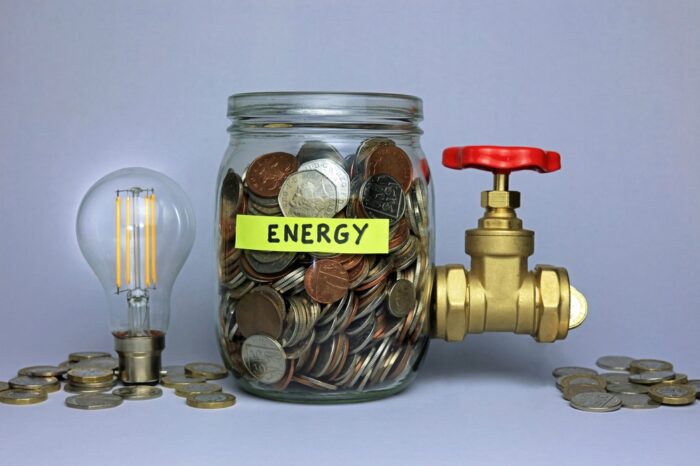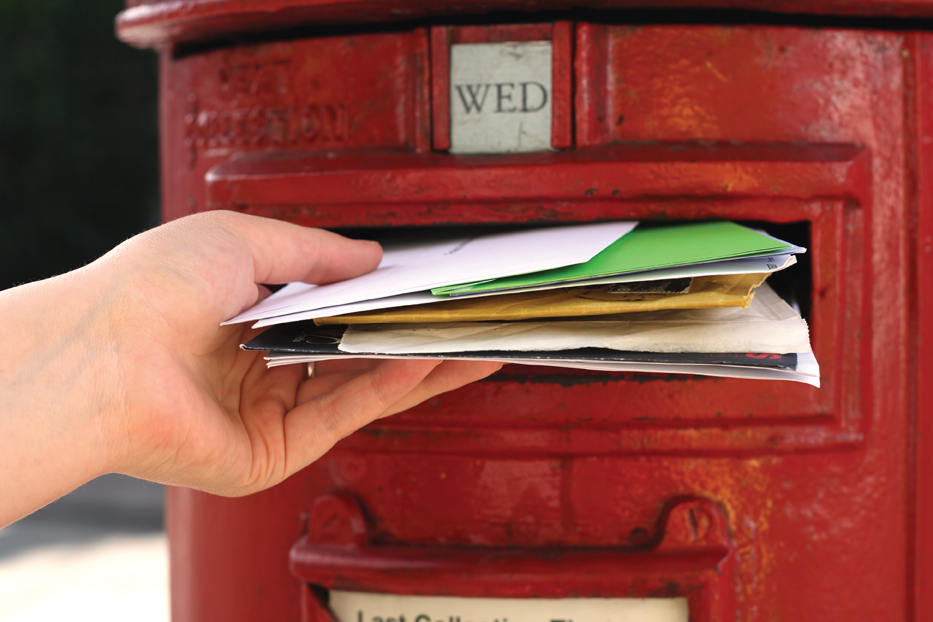Millions of households are set to turn off their heating this year to avoid hefty energy bills, research reveals. But could this drastic action end up costing even more?
According to heat pump service Aira, 65% of Brits are considering, or have already decided, to turn down their heating this month and 3.7 million people (7%) said they would turn their heating off entirely.
Amid an energy price cap rise adding 5% to bills, some families are feeling the pressure to afford heating this winter. It’s led to some families leaving their property to sit at a temperature of 11°C on average, before switching the heating on.
Following the study, YourMoney.com has delved into the financial impact turning the thermostat off will have and how you can avoid taking that action.
The effect on your home’s pipes
One factor to consider is the effect turning your heating off has on your pipes during the cold winter months. Particularly during the current freezing conditions.
Energy Savings Trust recommend setting your thermostat to around 5°C to prevent your pipes from freezing. The organisation also flagged that modern boilers will have inbuilt frost protection to prevent them from dropping below-freezing temperatures.
The trust also recommends you frequently have some heating on during the colder months to keep walls warm and prevent condensation, which can lead to damp and mould.
From a mortgage perspective, UK Finance says it is always a condition ‘to keep the property in a good state of repair.’
However, there are no specific mortgage requirements to heat your home or any details on the specific consequences of not doing so. But, switching the heating off completely for too long could be a risky move and could leave your home susceptible to mould or damp.
Meanwhile, if you have an older boiler, turning your heating off completely risks burst pipes, flooding and a hefty clean up bill.
Impact on energy bills
Turning your heating off isn’t like turning off a phone to save battery, due to the fact there is a daily standing charge to pay for your electricity and gas bills.
This is regardless of your supplier and is dependent on where you live within England, Scotland or Wales and also how you pay for your bills (direct debit, standard credit or prepayment meters).
So, if you are unaware of that fee, check with your provider to find out. From 1 January to 31 March, the average daily standing charge is 30p per day for gas and 53p for electricity.
How will it hit my home insurance?
The Association of British Insurers (ABI) advise you to check the wording of your home insurance policy before turning the heating off completely. This is because some insurers may require a minimum temperature setting as a policy condition.
If you are away from your property for a prolonged period, the ABI suggests leaving the heating on a timer while your home is unoccupied.
Louise Clark, general insurance policy advisor at the ABI, said: “Prevention is better than cure and as temperatures continue to plummet there are a few simple steps homeowners can take to reduce the risk of frozen or burst water pipes while keeping your heating bills as manageable as possible.
“Using anti-frost settings on smart thermostats, keeping your heating on a timer, or keeping your heating on at a certain level can help to prevent freezing and the distress and damage that burst pipes can cause.”
In the unfortunate event your pipes burst or freeze, you should:
- Immediately turn the water mains off via the stopcock. Wait for the pipes to warm up or you can try and thaw them with a hot water bottle.
- Do not attempt to dislodge the ice using a hammer or melt it with a blow torch. This will likely cause more damage.
- Move any possessions, such as furniture or clothing, which are near frozen pipes in case the pipe bursts.
To help you save cash while remaining warm and comfortable in your home this winter, here are ten tips from Energy Savings Trust, which could save you up to £369 a year on energy bills.
Ten tips to save cash while keeping warm
- Turn appliances around your home off standby: save £55 (a year).
- Turn off lights in any rooms you’re not in: save £25.
- Wash at 30 degrees and reduce laundry load by one run per week: save £29.
- Run your dishwasher when full and cut one run per week: save £14.
- Boil the amount of water you need in your kettle and fit a kitchen tap aerator: save £36.
- Fit DIY draught-proofing strips to windows and doors: save £45.
- Seal suspended timber floors: save £50.
- Fit a chimney draught excluder (open chimneys): save £65.
- Top up hot water cylinder insulation from 25mm to 80mm: save £50.
- Invest in insulating cavity walls. This will cost a typical three-bed semi-detached home around £2,700, with an expected annual saving on energy bills of around £280.





